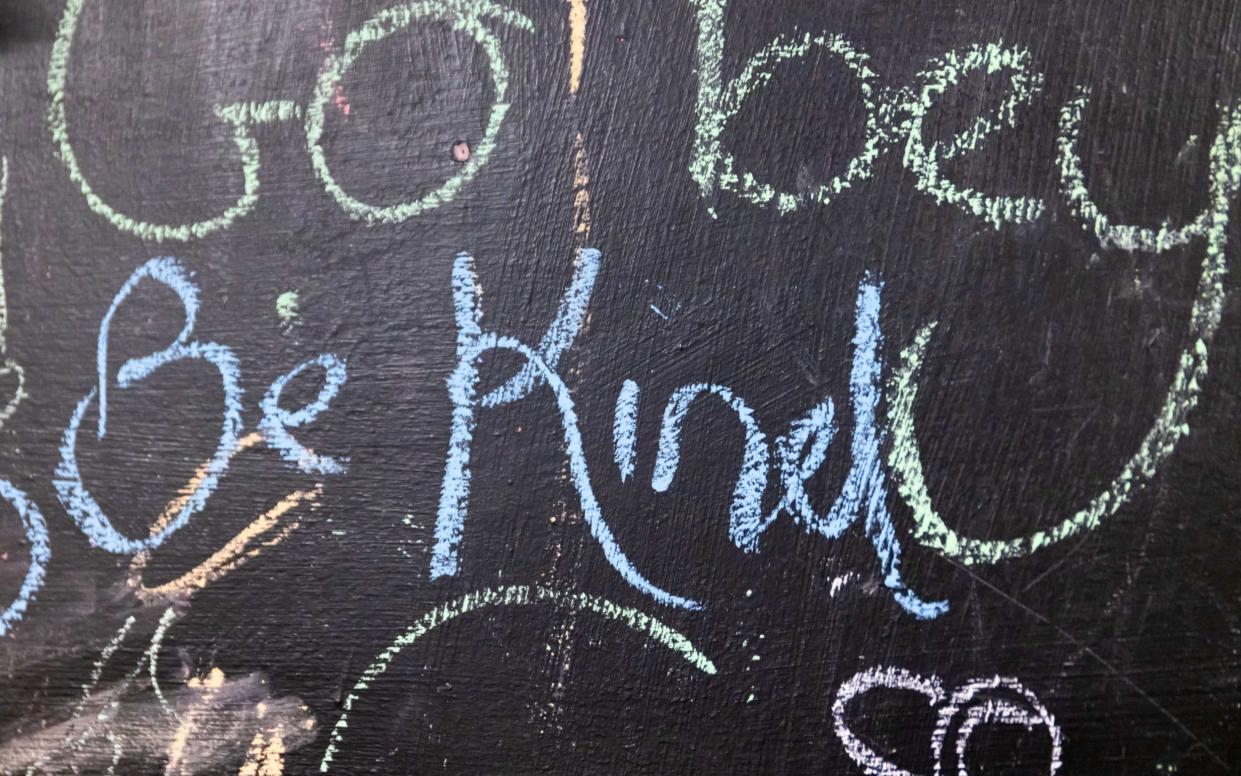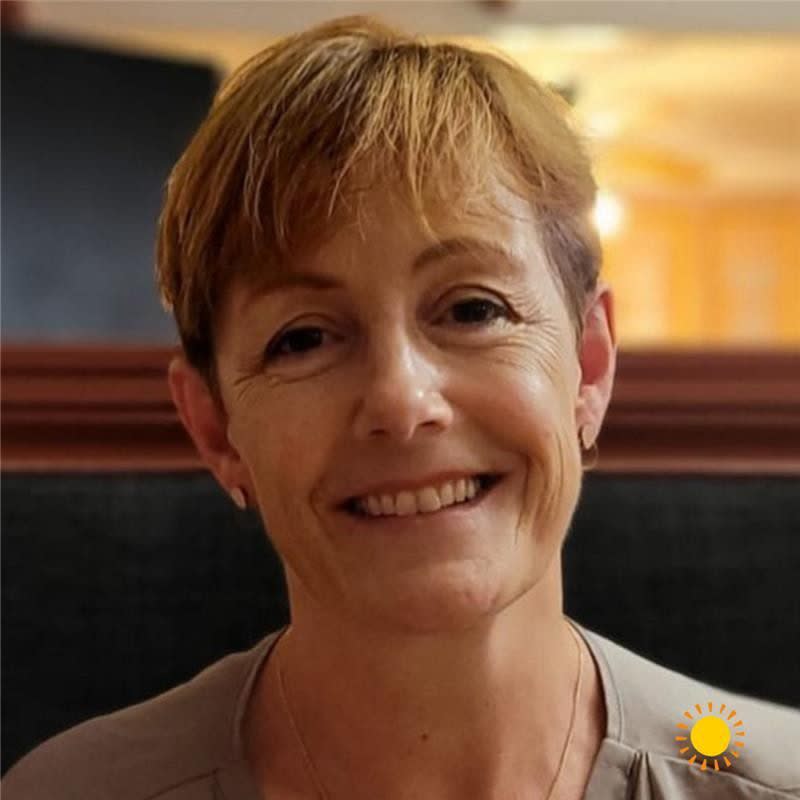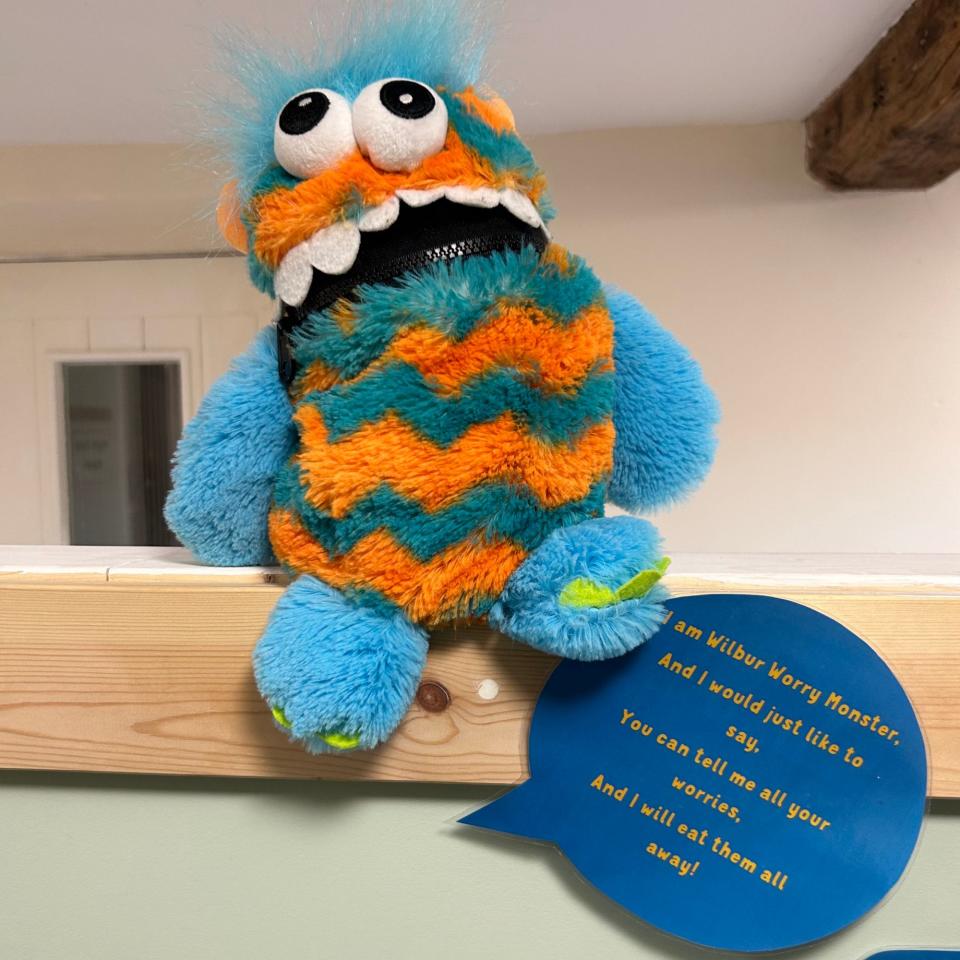‘Death is something all of us find hard to discuss, but for children it’s even harder’

Eleven-year-old Jessica* was struggling. Everyone could see it; she’d been struggling for a while. She and her mum lived in severe poverty, and Jessica had only two sets of clothes – one for school, one for weekends. But those struggles didn’t explain what happened next.
Jessica kept running away from school. She was angry, sometimes responding with violence to her teachers and classmates, and her emotions were all over the place. Something had knocked Jessica’s internal world off its axis. The problem was those on the outside couldn’t see in.
It took an experienced social worker some time, but eventually the source of Jessica’s distress became clear. Her beloved auntie who had cared for her when her mum couldn’t, who’d been a source of comfort and stability, had passed away. Jessica was reeling and didn’t know how to cope, so she lashed out.
That’s when Jessica’s social worker got in touch with Go Beyond, one of the four charities being supported by this year’s Telegraph Charity Appeal. It offers week-long breaks to at-risk children facing all kinds of adversity. As it turned out, Go Beyond was just what Jessica needed.

“Around 16 per cent of children who stayed with us in 2023 had bereavement as a reason for their referral,” explains Michele Farmer, chief executive of Go Beyond. “Death is something all of us find hard to discuss, but for children it’s even harder. They try to be brave, they try to bottle it up. It can be very lonely and isolating. What we find is that those children need somebody to talk to and they welcome the opportunity to find someone who will listen.”
In 2022, a report from the University of Bristol and Child Bereavement UK found that one in 29 children will experience the death of a close family member (a parent or sibling) by their 16th birthday. For context, that’s roughly one in every class. When friends, aunts, uncles and grandparents are included, the number is much higher.
“Although there are a lot of children who experience bereavement, their school friends, their teachers and other adults find it very difficult to talk to them,” continues Farmer. “Sometimes those children will go quiet, and sometimes, like Jessica, they will struggle to regulate their emotions and lash out because they don’t know how to put their feelings into words.”
Hayley Mann, senior break leader at Go Beyond Daleside in Ashbourne, Derbyshire, remembers Jessica well, and all the other youngsters who have faced similar difficulties. “We see that struggle to manage emotions a lot with the children who come to us after a bereavement,” she says. “They’re angry at the world for causing it to happen, and they lack trust because someone they had relied on has suddenly gone and they’re not coming back.”
Like a lot of the children who come to Go Beyond after experiencing a loss in the family, Jessica wasn’t initially ready to open up and talk about her feelings. Instead, she masked them in excitement about her stay. She zoomed through the rambling farmhouse at Daleside, exploring the play barns, running and laughing with the other children. When the group started playing some team-building games though, Jessica quickly became competitive. When another child won or received praise, she would become upset and then aggressive towards them.

“Often bereaved children come in with their guard up, covering what’s going on, but that’s difficult to maintain and you get these flashpoints where the cover-up slips,” explains Mann. Thankfully, each Go Beyond site features a purpose-built ‘chill-out space’. Jessica was taken there and told that any physical or aggressive behaviour was not acceptable and would put her at risk of being sent home early.
While that might have been the end of it had the incident happened in school, one of the benefits of a Go Beyond break is that leaders have more time to talk to the children in their care and connect with them on a one-to-one basis to get to the bottom of that child’s particular issues.
“If children don’t want to verbalise or they don’t know how to, they can write it down or draw a picture,” says Mann. “We have this soft toy called the ‘Worry Monster’ where they can put their worries and we say it eats them to make it a bit easier, but it also helps tell us [about their concerns].

“If they want to talk about that worry with us later in the week, they can. It’s a way of them telling us how they feel so we can pick it up when they feel ready. Some children will tell us they’ve gone to feed the Worry Monster and that’s their way of telling us they’re ready to talk.
“They also don’t have to look at you either; sometimes children don’t want to look at you,” adds Mann. “There’s this misguided view that if a child isn’t looking at you they’re not listening, but sometimes eye contact during a difficult conversation is quite hard for them, so being able to point to something or write it down stops the pressure of that.”
In Jessica’s case, the Worry Monster became a real lifeline through which she was able to open up to retreat leaders. She informed them that she had been angry since her aunt died and when things didn’t go her way, she lashed out, without even noticing what she was doing.
The break leaders at Daleside agreed on a plan with Jessica that she could come to the chill-out room whenever she needed a space to express herself away from the high energy of the break. With this set up, Jessica made a real effort to apologise to the other children, who graciously welcomed her into their circle and soon made fast friends with her. Break leaders quickly saw the change in their young charge, who blossomed during her stay with them.
“We create a place for children suffering bereavement to be able to take themselves away to somewhere safe,” says Farmer. “I’d like to think the breaks give children something to look forward to at a time when there might be a lot of sadness and worry in their lives.”
The breaks also give bereaved children a chance to process their happy memories, both with adults, but also with the other children who are sharing the retreat with them and may relate. “I had a boy in the past whose dad had died,” recalls Mann. “His dad used to go climbing a lot, but he’d never climbed because he was too scared, but he managed to do abseiling and it was a big thing for him.
“He talked about how proud his dad would have been that he’d done that and the other children were so supportive of that,” continues Mann. “It’s always tinted with a bit of sadness but it’s a chance for them to share a bit of joy and fun.”
For Farmer, this is the magic of a Go Beyond break. “We want them to remember that they are children and that it’s OK to have fun and make friends and run around and laugh,” she says. “Sometimes after a bereavement that may feel wrong, but we want to encourage them to enjoy their time and make the most of the friends they have around them.”
Jessica certainly did. By the time she headed home, she was transformed, happily clutching her goody bag of treats, toys and photos of the week. She had made a ceramic plaque to commemorate her auntie, which she was excited to give to her mum. The break leaders also put something extra special in her bag, just for her – Jessica’s very own Worry Monster.
“I’ve had an amazing time here,” she beamed. “Everyone has been so nice to me, especially the break leaders who’ve helped me when I get emotional.”
*Name has been changed
Go Beyond is one of four charities supported by this year’s Telegraph Christmas Charity Appeal. The others are the RAF Benevolent Fund, Marie Curie and Race Against Dementia. To make a donation, please visit telegraph.co.uk/2023appeal or call 0151 284 1927


